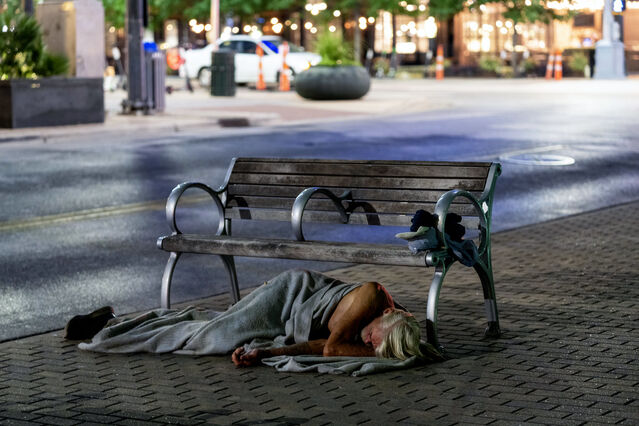
Understanding the Link Between Health and Homelessness
Homelessness can be caused by chronic health issues, and homelessness can cause chronic health issues. Poor health can rapidly escalate into employment problems, financial difficulties and housing issues. Homeless people experience increased exposure to the elements, disease, violence, unsanitary conditions, malnutrition, stress, and addictive substances – all of which increases the chance of requiring healthcare.
(Read a 2021 article that shows that homelessness is associated with substantial morbidity.)
Over half of personal bankruptcies in the U.S. result from health issues.
The number of homeless people who have access to federally funded health care projects designed to help homeless people, versus the 4 million people who need it.
Average life-expectancy of someone experiencing homelessness, 20 or more years younger than the general population.
The number of people experiencing homelessness who die each day.
Health insurance is extremely expensive, even if you obtain it through an employer. Even with insurance, many folks with extremely low incomes lack the ability to pay for needed care. In extreme situations, many turn to emergency rooms despite being costly and inappropriate for ongoing care.
Few people experiencing homelessness receive adequate medical care or treatment – for either routine care or illnesses and injuries.







